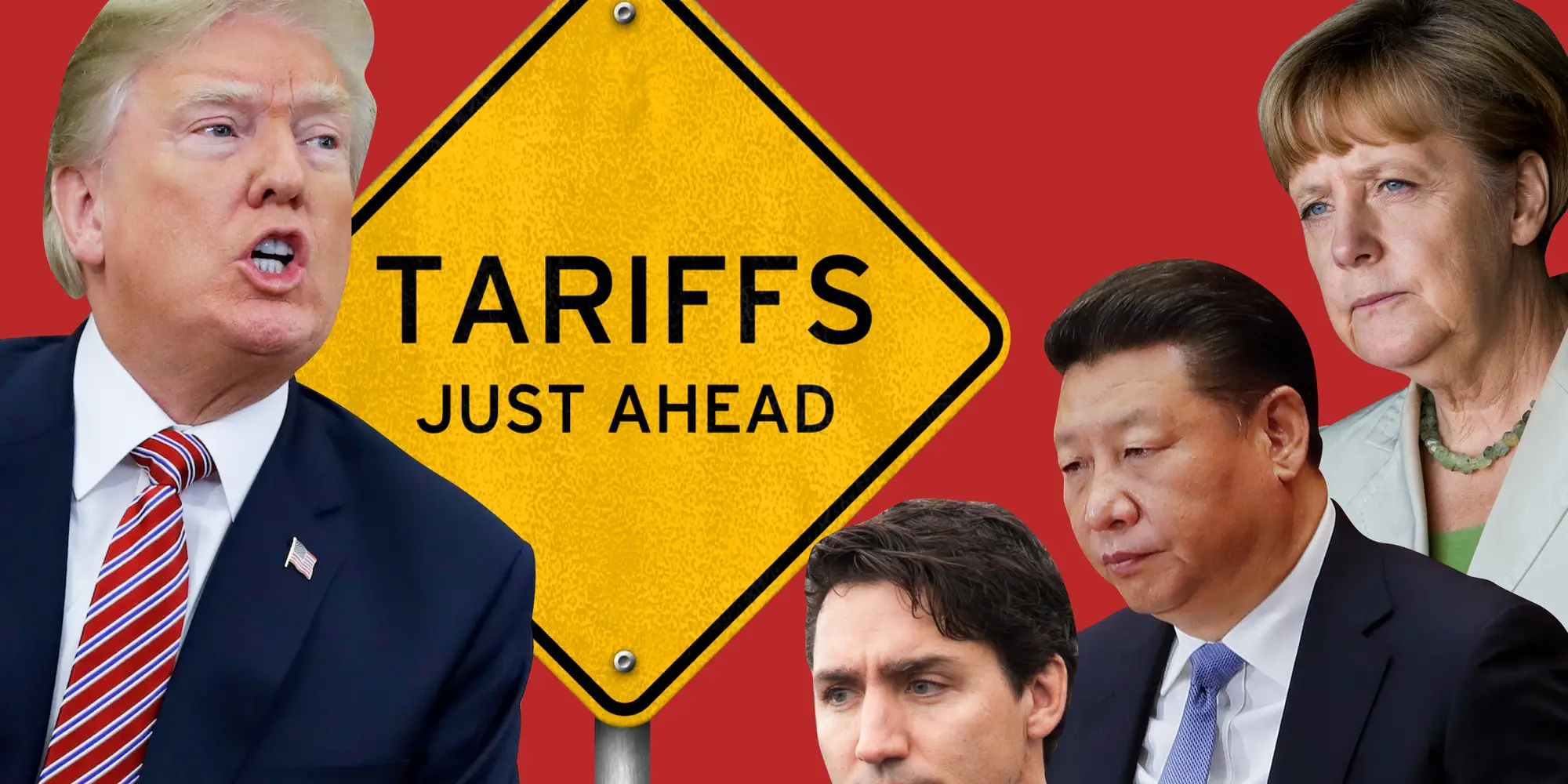Infineon Technologies, one of the world’s leading semiconductor manufacturers, has raised concerns over the impact of Donald Trump’s tariff regime on the global chip industry. The company stated that the trade measures have injected significant uncertainty into supply chains, pricing, and long-term investment decisions.
Tariffs Disrupt Semiconductor Supply Chains
Semiconductors are central to industries ranging from smartphones to electric vehicles. However, Trump’s tariff policies on Chinese imports have disrupted smooth supply flows. Infineon noted that restrictions on equipment, materials, and cross-border trade are forcing companies to reconsider sourcing strategies.
Uncertainty in Pricing and Demand
According to Infineon, the unpredictability of tariffs makes it difficult for chipmakers to plan ahead. Shifting duties can alter production costs and raise prices for end consumers. This has created instability in a sector already grappling with global demand fluctuations.
Impact on Investment Decisions
The semiconductor industry relies heavily on long-term investments in research, factories, and advanced equipment. Infineon stressed that the uncertainty around tariffs is making companies cautious. Many firms are delaying or scaling back expansion plans until policies become clearer.
Global Ripple Effect
Although the tariffs are aimed at China, the consequences extend worldwide. Chip manufacturers in Europe, Asia, and the US are facing challenges in maintaining competitiveness. Infineon warned that such trade tensions could slow down innovation in key technologies, including AI, 5G, and electric mobility.
Conclusion
Infineon’s warning highlights the fragile state of the semiconductor industry under Trump’s tariff regime. With supply chains under pressure and investment decisions clouded by uncertainty, the global chip market faces headwinds that could shape its future trajectory.


